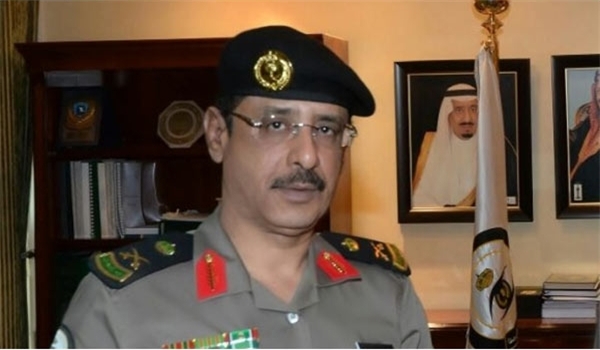Saudi Arabia: Army Commander Perished in Yemeni Attack

The Saudi army acknowledged that an army commander perished in Yemen’s retaliatory attack in the Persian Gulf kingdom’s Southwestern province of Jizan.
On Sunday, the army announced that Deputy Commander of the 8th Brigade in Jizan Brigadier General Ibrahim Hamzi was killed in clashes with the Yemeni forces.
Saudi Arabia’s official news agency, the SPA, said the general died of his injuries after being taken to hospital.
There has been no information on the exact date of the incident that led to the death of the general.
Yemeni forces have killed dozens of Saudi forces in retaliation for the Saudi aggression against their nation.
On Friday, Yemeni forces killed a Saudi border guard commander and two other military staff in the kingdom’s province of Jizan.
The Saudi colonel and two other military staff, including a high-ranking officer, were killed in the al-Khubah region in Jizan during clashes with the Yemeni Ansarullah fighters backed by army units that had penetrated into the Saudi territory, Yemen’s al-Masirah TV reported on Friday.
The Saudi media have also confirmed the death of the commander, identified as Hassan Ghashoum Aqili.
On Saturday, the Yemeni forces killed at least 13 Saudi soldiers, and brought down a Saudi Apache chopper in Jizan province.
The Yemeni forces also gained control of buildings behind the Hathirah military camp in the region.
Saudi Arabia has been striking Yemen for 186 days now to restore power to Hadi, a close ally of Riyadh. The Saudi-led aggression has so far killed at least 6,225 Yemenis, including hundreds of women and children.
Hadi stepped down in January and refused to reconsider the decision despite calls by Ansarullah revolutionaries of the Houthi movement.
Despite Riyadh’s claims that it is bombing the positions of the Ansarullah fighters, Saudi warplanes are flattening residential areas and civilian infrastructures.







